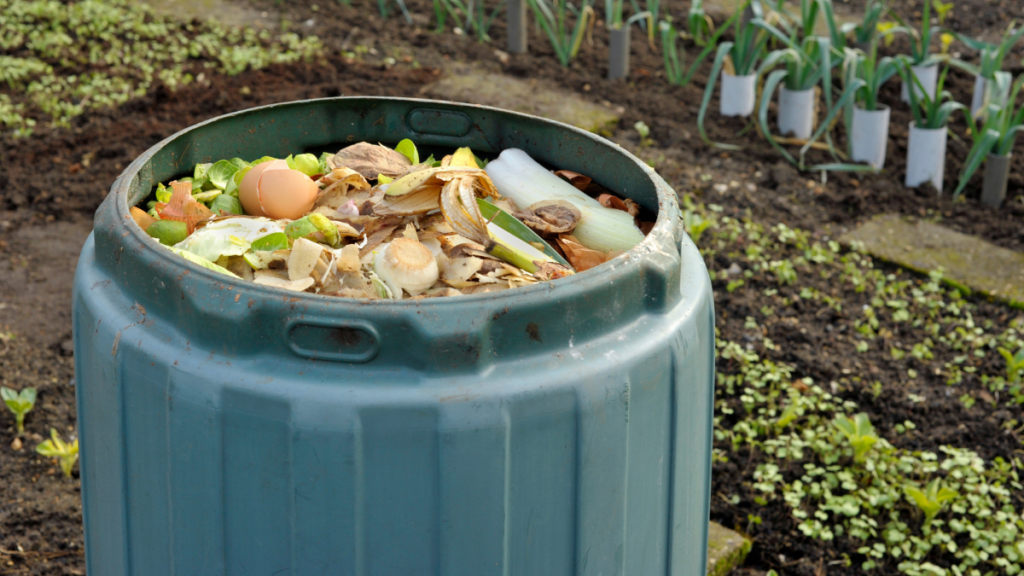
Composting is an excellent way to reduce waste and recycle organic material, including food waste. According to the U.S. Environmental Protection Agency (EPA), food scraps and yard waste together currently make up more than 30% of what we throw away — all stuff that can be composted instead. With Learn About Composting Day on the calendar this month, we’re breaking down composting basics so you can get started, today!
What is it?
Composting is a common method of recycling organic material, including food waste. Organisms that occur naturally in soils break down organic materials to release essential plant nutrients such as nitrogen, phosphorus and potash. As the organisms convert the below organic matter into humus, rich nutrients will develop and water retention of soils will increase. This is excellent news for the backyard gardener who wants to grow their own supply of fruits and vegetables.
What do you need to start?
First, you’ll need to get a compost bin or container to hold the compost. Then, all composting requires three basic ingredients.
- Browns – Materials such as dead leaves, branches and twigs. These provide carbon for your compost.
- Greens – Other yard waste like grass clippings, vegetable waste, fruit scraps and coffee grounds from the morning. These materials provide nitrogen to your bin.
- Water – Having the right amount of water helps break down the organic matter.
What can you compost?
- Fruits and vegetables
- Eggshells
- Coffee grounds and filters
- Tea bags
- Nut shells
- Newspaper and cardboard
- Yard trimmings, grass clippings and leaves
- Houseplants
- Hay and straw
- Sawdust and wood chips
- Cotton and wool
- Hair and pet fur
- Fireplace ashes
Your compost bin should have an equal amount of browns to greens with alternating layers of materials of different-sized particles. Place it all together in the bin, then water it so it’s moist but not soggy, and turn it for aeration every four weeks.
Composting means less garbage goes out to the curb each week, fewer trips to the landfill, less activity by large equipment at the landfill and less methane gas emissions out into the air.